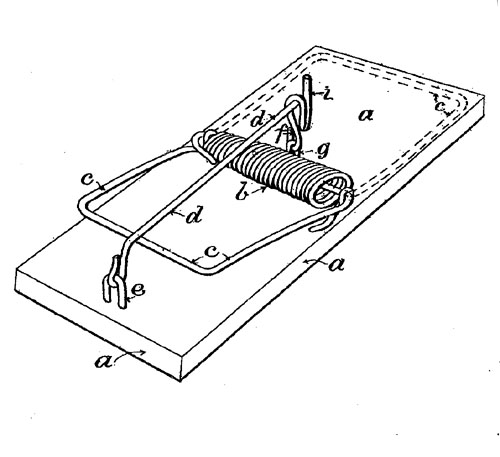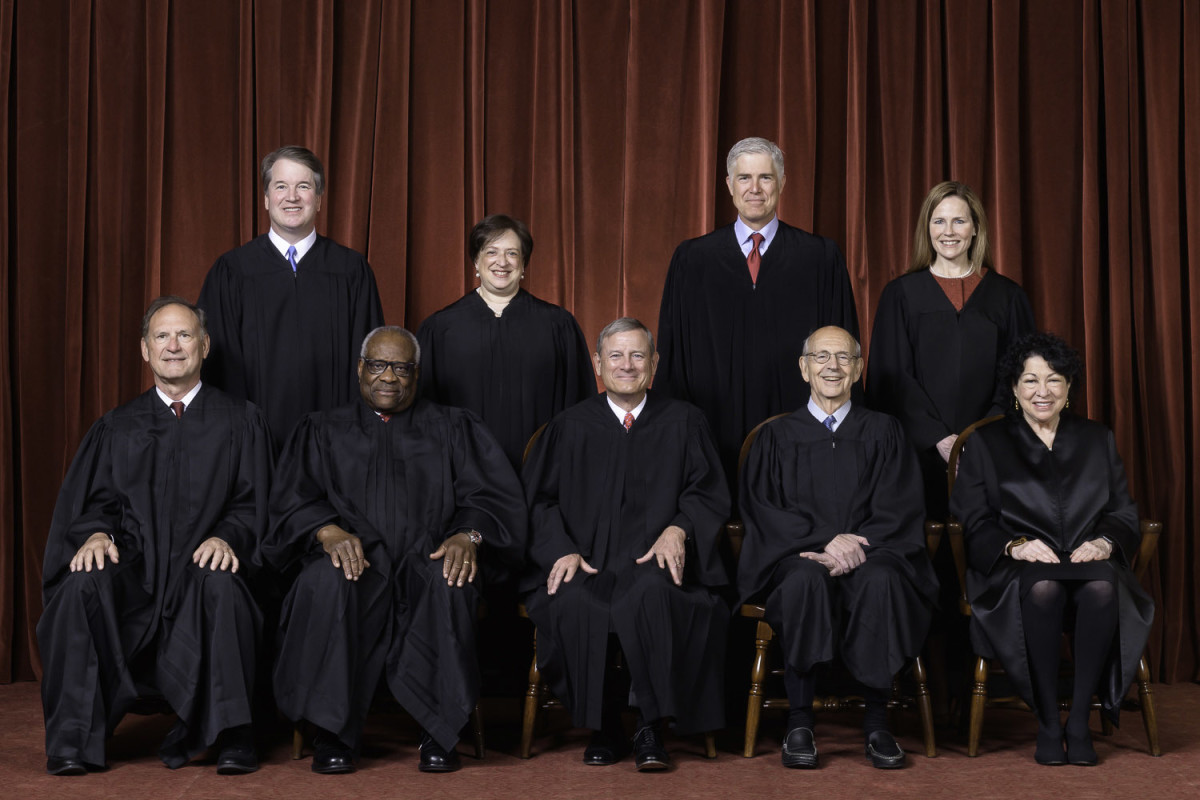Best Jobs for Engineers: Patents

Engineering is one of the best fields for new college graduates. Job opportunities have rebounded since the depths of the 2007-2009 recession, especially in engineering specialties including aerospace, computer software and hardware, biomedical and mechanical engineering. The average starting salary for new engineers is a healthy $66,000, or 40% higher than the $46,000 average starting salary for all college graduates. Engineering is consistently included in lists of the best careers due to its intellectually-stimulating work environment, relatively high incomes, low physical demands, reasonable stress levels, and good hiring outlook.
While engineering is a great field for new graduates, it is common for engineers to become less satisfied with their jobs after a few years. Engineers often find themselves stuck working on the next iterations of their companies’ existing products, rather than working on revolutionary new products. Despite rhetoric to the contrary, many companies cling to a culture forcing engineers to pick between technical and managerial career paths, thereby creating difficult choices for engineers who prefer technical engineering work but realize that choosing the technical career path will likely limit their future advancement and compensation. It is also common for engineers to receive modest annual salary increases closely tracking inflation. Thus, while starting engineering salaries are high, they don’t always increase as rapidly as in other fields.
Luckily, engineers who have become dissatisfied with their career paths have terrific options available: they can become patent attorneys, patent agents or patent engineers. Becoming a patent professional provides many advantages compared with remaining an engineer. These advantages include: working on cutting-edge technologies and inventions; interacting with smart legal colleagues and even smarter inventors at the forefront of their industries; higher salaries; and greater job security.
How to Become a Patent Attorney
To become a patent attorney, an engineer must first become a lawyer. Most people become a lawyer by attending an American Bar Association (ABA) accredited law school for three years, and then passing a written bar exam to become licensed to practice law in that state or jurisdiction. However, certain law schools can be attended on a part-time basis, which is a good alternative for people with families or other financial commitments who cannot quit their jobs.
The law school from which a lawyer graduated is an important factor in landing a job at a top law firm or multinational company. For example, many top law firms rarely even consider candidates who did not attend a top 25 law school. Thus, if you are aiming for a job at a big name law firm or well-known company, it is often best to attend the best law school that you are admitted to and can afford. This does not mean, however, that you need to attend an expensive private law school, as there are a number of excellent public law schools around the country.
It is also important to get good grades in law school, and rank in the top 25% or even top 10%. Again, many top law firms only rarely consider candidates who did not rank highly in their class. Grades and the law school attended probably are not quite as important for patent lawyers as for other types of lawyers, particularly where the patent lawyer has excellent technical skills. That said, high grades and high law-school rankings help to keep doors open for anyone.
While there are a few law schools specializing in patent law, it is not necessary to attend one of them to become a patent lawyer. In fact, many law firms prefer to hire well-rounded lawyers who did not specialize in any particular type of law while in law school. It is usually enough to take a few courses in intellectual property law (patents, trademarks, copyrights, trade secrets).
The next step to becoming a patent attorney is to become registered by the United States Patent and Trademark Office (USPTO). To become registered, you must first complete an application proving that you are a U.S. citizen or legal alien, and have an appropriate technical background. As an engineer, this latter requirement should not be an issue. Then, you take an exam at an official testing center to prove that you have the requisite knowledge of patents and USPTO procedures. While a few people pass this exam on their own, most people first take an exhaustive patent preparation course that teaches you virtually everything you’ll need to know to pass the exam. If you have a job with a law firm or corporation, the substantial costs of this course will typically be paid for by your employer. Once you pass the exam, the USPTO will register you as a patent attorney after you provide them with a certificate of good standing from the bar in your state or jurisdiction. Otherwise, the USPTO will register you as a patent agent.
Career Path for Patent Attorneys
The typical career path for a newly-minted patent lawyer involves being hired by a law firm that specializes in intellectual property (IP) law, or a general-practice firm with a major IP practice. Once there, new patent lawyers typically start their practice by writing patent applications to help an existing firm client protect an invention, or prosecuting an existing patent application before the USPTO (in other words, responding to the USPTO’s rejections of that patent application). New patent lawyers also may be involved in the behind-the-scenes aspects of a patent lawsuit, such as helping the firm’s other lawyers analyze a patent or by searching for prior art. However, engineers who become patent lawyers more commonly write and prosecute patent applications.
While corporations usually prefer to hire experienced lawyers, many technology companies make exceptions for patent lawyers who already have a depth of technical knowledge and experience. These corporations rightfully believe its easier to teach a new lawyer to do legal work than it would be to teach a new lawyer the ins and outs of their technology. Thus, if you're an engineer who becomes a lawyer, you should think about working as a lawyer for your old company or one of its competitors where your technical skills will be prized the highest.
Once the patent lawyer gains experience, he or she will be assigned greater responsibility for working with existing clients, be encouraged to find new clients, and start working on other matters such as writing legal opinions about the validity or infringement of patents, or helping clients negotiate and draft patent licenses, or develop strategies for managing IP. Patent lawyers working for general-practice firms also typically work on the IP-aspects of larger projects with non-IP lawyers.
Salaries for patent attorneys are excellent. According to the American Intellectual Property Law Association, the average starting salary for new patent attorneys is about $100,000, although a few individuals at top firms in big-city markets can earn starting salaries up to about $160,000. Associates at smaller firms average about $125,000, while associates at larger firms can earn up to about $200,000 plus bonuses. Patent attorneys can expect to make law firm partner after about 6 to 9 years. Partners at private law firms average about $300,000 annually. Patent lawyers working for corporations tend to earn somewhat less than their law-firm colleagues.
Job security has been excellent for patent lawyers. Some experienced patent lawyers have commented that patent work tends to be in high demand in good economic times because companies want to protect their substantial investments in research and development, while patent work tends to be in high demand in poor economic times because companies hungry for cash want to enforce their patents against other companies who are unlawfully using their inventions.
Job security for patent lawyers is also excellent because it’s relatively easy for patent lawyers to work in different technological areas. For example, it’s possible for a patent lawyer to work in diverse fields such as telecommunications, semiconductors and medical devices. Thus, even if one of these fields lands in tough economic times, some of the other fields might be thriving.
Patent Agents
If you'd prefer not to attend law school for three years but are still interested in working in the lucrative patent field, an excellent career option is to become a registered patent agent. As mentioned above, an engineer who wishes to become a registered U.S. patent agent must first complete an application proving he is a U.S. citizen or legal alien with an appropriate technical background. Then, you take an exam at an official testing center to prove you have the requisite knowledge of patents and USPTO procedures. As also mentioned above, you can learn most of what you'll need to know by taking a patent bar preparation course. Once you pass the patent bar exam, the USPTO will register you as a patent agent.
Patent agents typically work for law firms or private corporations. Their work is similar to that of patent attorneys in many respects, with many patent agents specializing in drafting patent applications and prosecuting them before the U.S. Patent Office. However, since they are not admitted to the general bar, patent agents are not permitted to practice law (although they frequently provide technical assistance on legal matters for patent and other lawyers).
IT Jobs in Patent Management
One of the most rapidly growing specialties within the patent field is patent management. Patent management involves strategically managing a company's patent portfolio to the benefit of the corporation that owns them. For large technology companies with patent portfolios including hundreds or even thousands of patents, this is a very complex task requiring the expertise of IT professionals who understand patents and can interact with patent attorneys. IT professionals interested in patent management can work directly for major technology companies, or can work for the intellectual property law firms who provide these management services for their clients. The recent patent litigation between Apple and Samsung is a recent high-visibility example of the need for patent management services.









